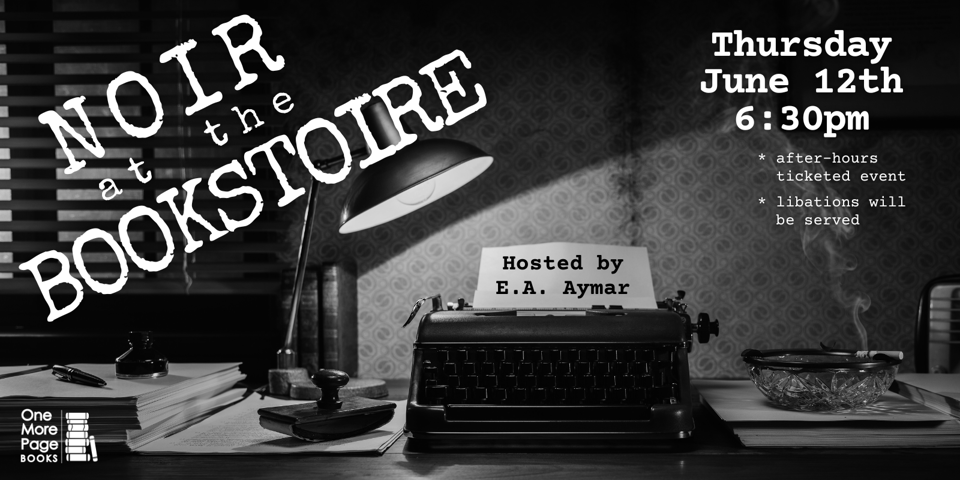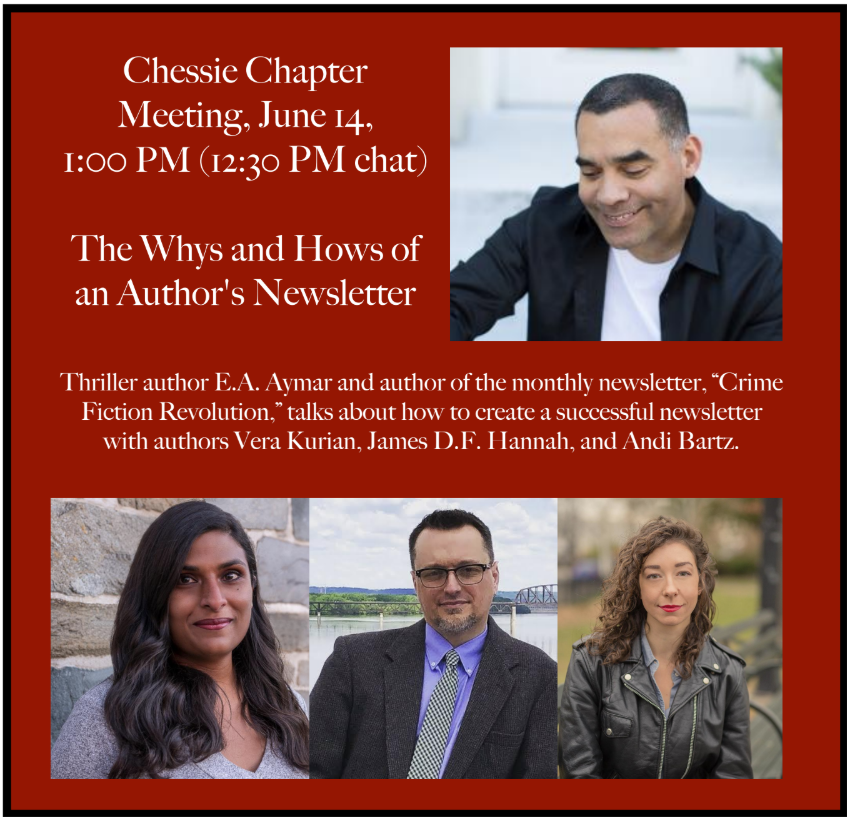The Last Generation


We are the last generation of real writers.
What are you going on about now?
Did you see the whole thing with the AI-generated write-up about fake summer books in national newspapers? Or the romantasy authors who got caught? Or the, um, report by the Department of Health and Human Services?
Oh, right. But those first two said they only use AI for minor editing and forming ideas.
Of course. And I only eat a couple of Doritos when I open the bag. Trust me, it’s a slippery, Cool Ranch-flavored slope, my friend.
Most writers I know have a resolute line about using text-generation or tools to inform their prose…but that line isn’t shared by the majority of our benefactors or, increasingly, our peers. If they have a line, it’s drawn in sand, and right in front of a rising tide.
Jesus Christ, metaphor much?
This is how you know a human wrote this. Anyway, I was reading this powerful essay by Hamilton Nolan, about the opportunity we wasted in DEI, and it struck me as a similar threat to writers.
No one quite knows the future of AI or its effect on the world. Experts vary on its influence, whether it will be a passing trend, a dominant force, or morph into something else entirely.
Also, let’s be real, we’re using the term “AI” outside of its understood definition, and more along the lines of what venture capitalists and trend-desperate company execs prefer.
But AI (sorry, “AI”) just enhances writing, like the writers who use it claim. It’s a tool, like any other. WAY TO LIVE IN THE PAST, CAVEMAN.
You’re right, the tools have changed. We went from sharp stones to quills to pens to typewriters to keyboards to touch screens but, throughout all that, the process of creation was largely untouched.
And now, for the first time in the history of writing (lucky us!), creativity itself is threatened. And that change is being welcomed and encouraged by our benefactors, who have historically (whether those benefactors were schools or governments or churches or companies) had a sizable hand in shaping the future of art.
My fear - and I would be delighted to be proven wrong in this - is that, as “AI” technology improves, it will create a work of fiction that has the same appeal of a Da Vinci Code or Fifty Shades, and most readers won’t care that it was written by a computer. And, if it can make a publisher as much money as those books did, publishers won’t care either. So long, pesky whiny humans!
But those books will never understood the universality of the human experience.
My God, shut up with that shit. Trust me, as someone who reads a lot of commercial fiction, “AI”-generated text isn’t that far behind (it’s often a low bar). And this technology is in its infancy.
So you think, in a few years, no writer will do their own work anymore, and no reader will care?
There will be exceptions - writers who insist on their doing their own work, readers who can’t bring themselves to read the works of cheaters. But they probably won’t be in the majority, or as popular. They’ll be like poets nowadays - people everyone claims to respect, but depressingly few read.
To that point, this essay will also seem like a wildly outdated stance in just a few years, because this concept of creation will be utterly foreign to the next generation of writers (ask any teacher if their current students are using AI).
Most people, you have to realize, don’t consider themselves writers, or place value on the writing process.
And so they don’t give a second thought to using “AI” to write something for them. Writing is an act that many find, frankly, tedious, in the same way I view long division or eating vegetables.
I’ve already read of “novelists” using text generation to write the parts of their books that they find boring, or solve plot points, or come up with character names or titles. It’s so bewildering.
Why pursue an art you have no interest in fully mastering?
Dude, you’re depressing me.
I totally get that, but there is one silver lining:
I’m often very wrong when it comes to predicting the future.
For example, I was pretty confident the United States was about to elect its first female president. Twice, in fact! I got that way wrong, and I could be wrong about this. But I think it would take one of three things to change our current course:
Either today’s benefactors of writers - media outlets, publishers, journals, etc. - need to firmly state that they have no interest in ever utilizing text-generation for published work. Despite the potential of reducing their work force, they will favor humanity over a quick buck and…lol, sorry, I can’t write that with a straight face. Next.
The public gives a hostile reaction to those publications using AI-generated text. Again, given our recent decision-making, I’m not pushing my chips toward that pot.
Writers band together and somehow compel these publishing forces to recognize the necessity of real writing, perhaps in the same way Hollywood writers and actors sort of fought against being replaced by “AI”-generated text and imagery. I have some hope for that, although the current federal obliteration of workers rights makes that dicey. But I do think that’s the best, perhaps only route we have. We need our most prominent voices to decry text generation, to preserve art, and to ensure the public and future generations understand that writing - this act of communication, this way of peering inside ourselves and showing the world something pure and individual and beautiful - is a sacred act of humanity, one necessary for our betterment.
So what do we do? Tell me what to do. I like the betterment thing. And humanity’s okay, I guess.
I don’t know. I’m pretty much a dinosaur pointing up with his tiny arm and saying, “Yo, we should maybe do something about that meteor?” But if enough people point, society generally begins to understand that a problem is hurtling toward us.
For now, as I’ve said before, all we can do is continue.
Determine what we respect, and act accordingly. I can’t guarantee you won’t someday read some lazy writer who uses chat generation, or a publication that quietly does the same.
All any writer can promise, to you and ourselves, is that it will never happen in these pages. And hope that continues to matter.

EA


One of my favorite bookstores, One More Pages Books, is hosting it’s first Noire at the Bookstoire, and I’ll be emceeing! It’s a STACKED lineup, with readings by John Copenhaver, Libby Klein, Vera Kurian, KT Nguyen, Brendan Slocumb, and Aggie Blum Thompson. This is a ticketed event which, I hope, actually makes it more encouraging for people to attend - beyond hearing great writers, this is a chance to directly support a wonderful independent bookstore. And, yes, there will be alcohol. Click here to learn more and sign up!

And then, two days later, I’m moderating (I’m very moderate) a panel for Sisters in Crime about running a successful newsletter, and how to make thousands and thousands of cents with every issue. The panelists are three writers who have used newsletters in different ways, and you should subscribe to them ahead of time. I promise, they’re well worth the read:
Vera Kurian writes “Craft,” which is a very personal and informative newsletter full of insightful writing tips.
James D.F. Hannah is the author of “That Noise at 2 AM,” which usually involves a great, often disarmingly personal interview with another writer.
Andi Bartz writes “Get It Right," which alternates between a refreshingly brutally honest look at publishing, as well as terrific short essays from other celebrated writers.
And, of course, I’ll be talking about how best to piss off writers who use “AI” to write their work.
This panel is hosted by the Chesapeake Chapter of Sisters in Crime, but is open to all members of Sisters in Crime, nationally and internationally. Register here.

It's giveaway time! The winner of a copy of…oh, I didn’t do an author feature, dang it. Tell you what. The lucky winner can pick any book from the eight authors participating in the events above.
And that winner is: mcca_____on@yahoo.com
Congrats, and I'll send you an email with more information soon!

Would you like to make lifelong connections and serve the writing community? And make thirty grand?
Mainly that last thing?
PEN/Faulkner is offering a fellowship for writers in the DC region, and it seems like a great opportunity for someone early in their career. Applications are currently being accepted so, if this is of interest to you or someone you know, check out this link.
I mentioned poets earlier and, along those lines, I need to offer another recommendation. A former professor and now good friend of mine, Holly Karapetkova, recently released an astonishing book of poetry called Dear Empire. I’m one of those people who doesn’t read enough poetry, even if books of poetry have always been a lovely space to wander through. Dear Empire is a heady, heartbreaking book, and you can read it here.
Add a comment: